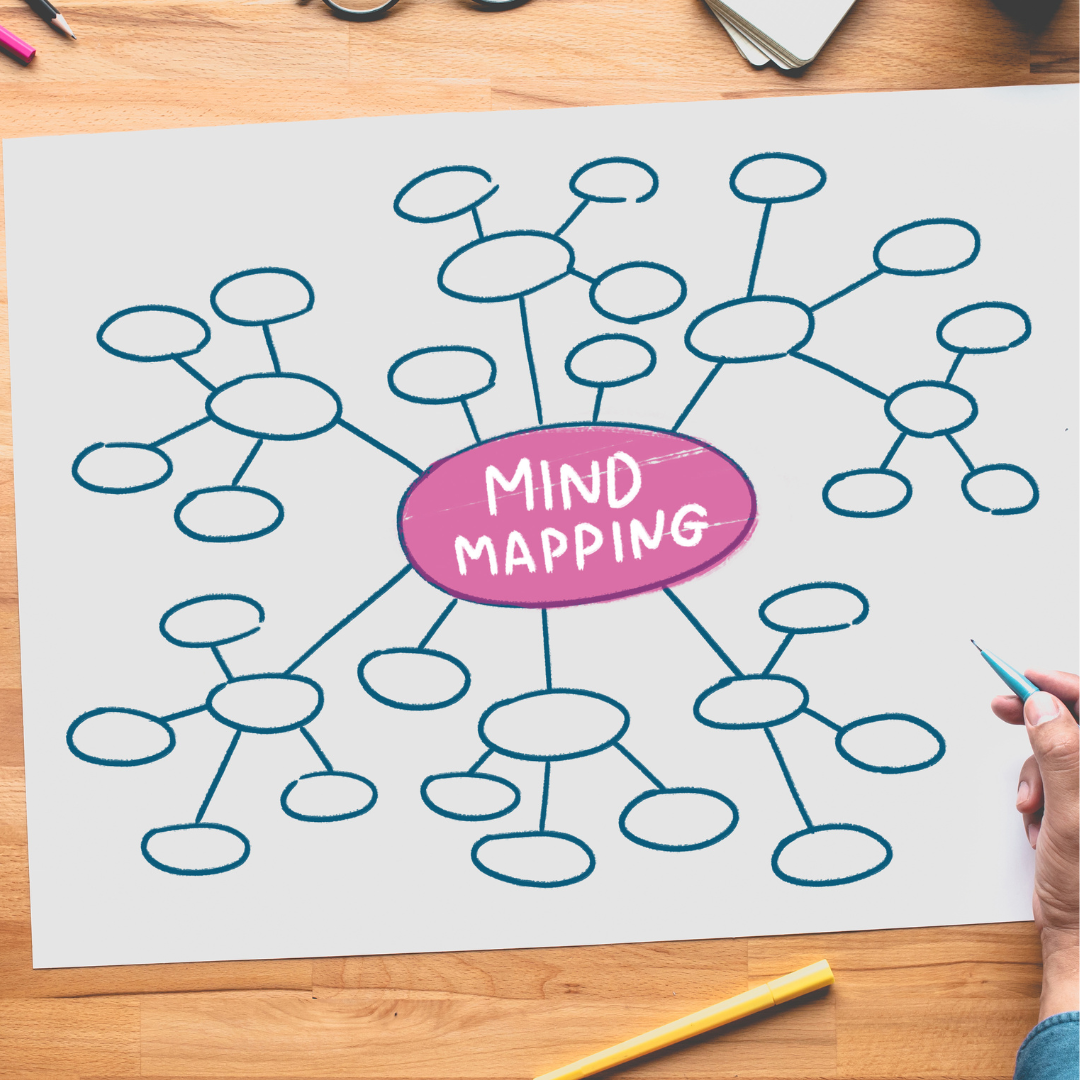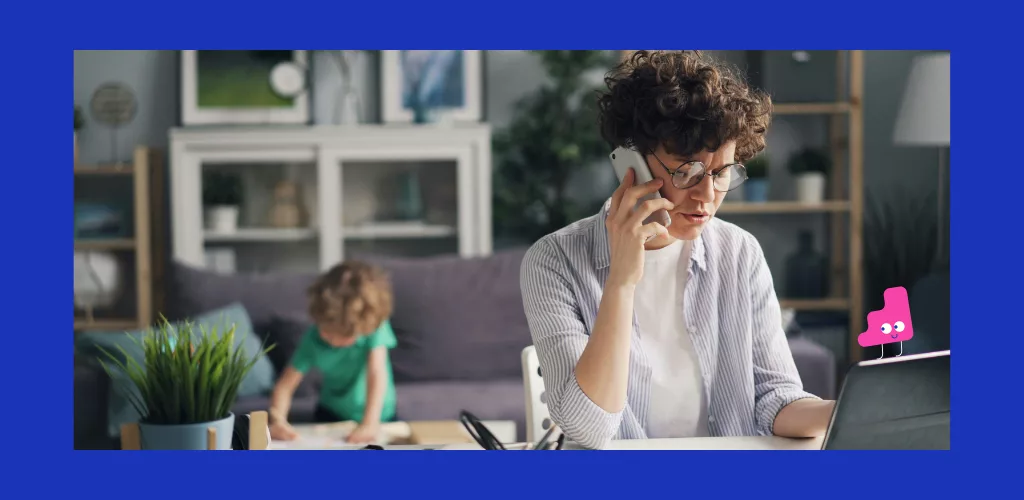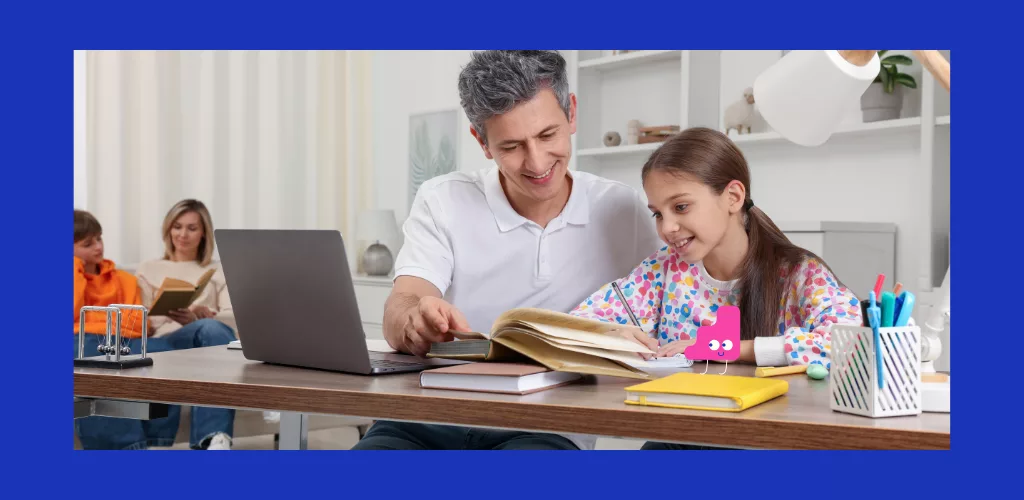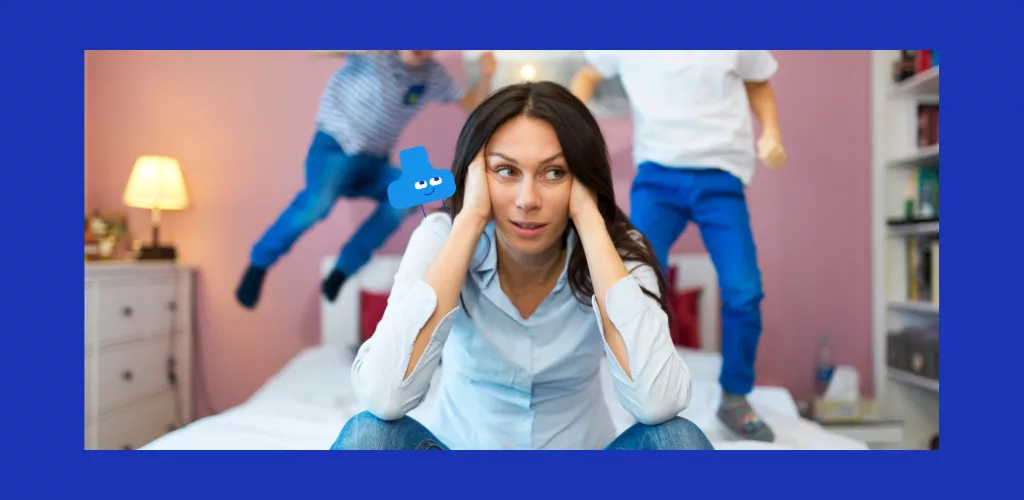Boost your children's learning during the vacations!
It's almost vacation time for the kids. A good time to take stock of your children's knowledge acquisition. We'd like to give you some tips on how to help your kids understand and pass on their knowledge.
What do you usually do to help your child with homework?
-
- Explain the lesson again.
- Ask him to reread his lesson.
- Ask him to copy a summary.
- Suggest highlighting important words.
Yet scientific research shows that all these methods are relatively ineffective and generally lead to superficial learning.
Indeed, understanding and transferring knowledge requires explicit links :
-
- with prior knowledge,
- with concrete examples of different situations,
- with other network elements,
That's why active learning methods are so much more effective!
Here are a few easy-to-follow tips to help you establish these explicit links in your learning process:
✨ Test yourself: Rather than rereading or listening, the idea is to recall the information without having access to it, then check your answers at the end. This activity can take the form of free recall or answering open or closed questions.
📚 Hide part of the lesson, and try to restore the missing part. In vocabulary or languages: a table with 2 columns, words and their definitions, hide the definitions column. In geography: a blank laminated map to practice placing countries, oceans, etc.
❓Answering questions In spelling, invent sentences containing homophones. In history: answer true/false questions posed by you.
🤔 Questioning: making comments, linking information, generating inferences.
In conjugation, we can ask you to justify the verb ending. For example: In the sentence "He looks at them", why is there no -s in regarde?
In mathematics, you can ask for calculation methods to be made explicit: "Since I know that double 15 is 30, to make 3×15, I add another 15 and that makes 45. So to make 3×15, I add another 15 and that makes 45."
📝 Summarize: Simple and highly effective, this activity involves rephrasing the content in your own words and abbreviating it.
In science, we can ask you to summarize the key points after watching a short documentary.
In history, the lesson can be summarized the day after it has been learned.
🌟Comparing: examining similarities and/or differences according to given criteria.
For example, in English, you can ask to compare the use of the present tense with that of French.
🖍️ Concept maps (mindmaps): These are visual representations of links: nodes represent concepts, and arrows with verbs or keywords represent relationships between concepts.
This rich activity can be quite difficult. With kids who are not yet at ease, you can :
-
- offer hole cards.
- propose a list of concepts and links to be represented.
- create the concept map together.

💻 Argument: Arguing to defend one's answer requires establishing links :
-
- Evaluate the validity/plausibility of your answer
- Establish links with previous knowledge to justify oneself
- Compare your approach with others
- Ask your child to explain his or her approach and express his or her degree of certainty:
"HOW did you find the answer, are you sure? WHY did you do it this way?"
Learning how to work is just as important, if not more so, than acquiring the knowledge and skills themselves.
We hope these tips will help you support your kid in developing them!
The Soft Kids team 🌈




0 comments